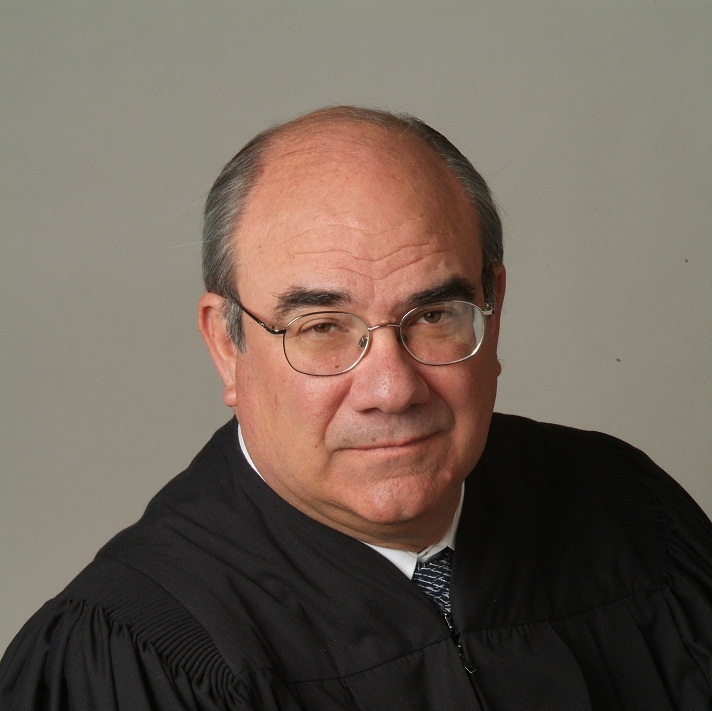HARRISBURG – A panel of judges from the Superior Court of Pennsylvania ruled that a Philadelphia trial court was correct when it transferred the medical malpractice action of a woman who alleged sub-standard medical care prior to suffering a stroke, to the Montgomery County Court of Common Pleas.
Superior Court judges Jack A. Panella, Daniel D. McCaffery and James Gardner Colins ruled on July 30 to uphold the Philadelphia County Court of Common Pleas’s decision, in Zelma Showell’s action against Abington Memorial Hospital, Abington Health and Abington Health Physicians (c/o Abington Memorial Hospital).
“In her complaint, plaintiff alleges that she was admitted to defendant Abington Memorial Hospital, which is located in Montgomery County, on July 19, 2020 with symptoms of headache, weakness, slurred speech, unsteady gait, and facial droop and blood pressure readings of 273/133 and 200/91,” Colins said.
“Plaintiff alleges that she was treated there by physicians and nurses employed by defendants Abington Health Physicians, Abington Memorial Hospital, and Abington Heath and that during this hospitalization, an acute stroke was detected and that her blood pressure ranged from 123/83 to 229/106 and 227/135.”
Showell further alleged that Abington Memorial Hospital discharged her on July 22, 2018, although her blood pressure readings that day ranged from 204/95 to 223/98, and that it failed to provide her with the blood pressure medications she was to take after discharge or prescriptions for those medications.
During subsequent home health visits, Showell said she “complained of headache, was lethargic, had left sided weakness, was dragging her left leg with a shuffling gait, had slurred speech and was reportedly weaker, more lethargic and not eating/drinking well.”
After those visits, Showell was hospitalized and suffered a stroke in July 2018. She remained in the hospital until Aug. 7, 2018, when she was sent to a rehabilitation facility. On Feb. 3, 2020, Showell filed the instant action in the Philadelphia County Court of Common Pleas.
On March 11, 2020, the defendants filed preliminary objections to Showell’s complaint, in which they asserted objections to venue and sought to strike certain averments as insufficiently specific. In their venue objections, the defendants contended that venue was not proper in Philadelphia County under Pennsylvania Rule of Civil Procedure 1006(a.1), on the grounds that the negligent medical care alleged by Showell occurred in Montgomery County and sought transfer of the action to Montgomery County.
The plaintiff opposed the defendants’ preliminary objections, asserting that venue was proper in Philadelphia County because she had received two home health care visits in Philadelphia.
On June 1, 2020, the trial court entered an order overruling the defendants’ specificity objections and sustaining the venue objections and transferring the case to the Montgomery County Court of Common Pleas, leading Showell to timely appeal the transfer of the case to the Superior Court.
Colins explained that because this is a medical professional liability action, venue is proper only in a county where at least one of defendants provided negligent medical care that caused an injury for which the plaintiff seeks to recover damages.
“Plaintiff’s complaint establishes that the diagnoses and treatment of her strokes and the failure to provide medications or prescriptions on discharge all occurred at Abington Memorial Hospital in Montgomery County. The complaint also alleges that the second stroke occurred while plaintiff was hospitalized in Montgomery County following several days of hospitalization, during which her blood pressure readings were higher than they had been before her admission. Plaintiff argues, however, that the trial court abused its discretion in transferring the action because she also received two home health visits in Philadelphia between the two hospitalizations. We do not agree,” Colins stated.
“While the complaint pleads that the plaintiff received health care from one of defendants in Philadelphia in these home visits, that is not sufficient to establish venue in Philadelphia County. Rather, venue is proper only where the negligent medical care at issue occurred.”
The Superior Court found that the complaint’s averments concerning the home visits “negate any claim that plaintiff’s cause of action against any of defendants arose from negligence in medical care provided in Philadelphia.”
“All three of the defendants are located in Montgomery County, and there is no averment in the complaint that any defendant’s failure to act on the information provided by the home health care nurses occurred anywhere other than Montgomery County,” Colins concluded.
“Because the complaint asserts claims that defendants provided negligent medical care in Montgomery County and does not assert a claim that medical care that any of defendants provided in Philadelphia was negligent, the trial court did not abuse its discretion in transferring the action to Montgomery County. Accordingly, we affirm the trial court’s order.”
Superior Court of Pennsylvania case 1407 EDA 2020
Philadelphia County Court of Common Pleas case 200200124
From the Pennsylvania Record: Reach Courts Reporter Nicholas Malfitano at nick.malfitano@therecordinc.com
